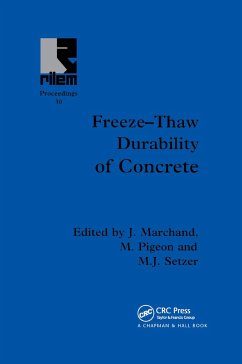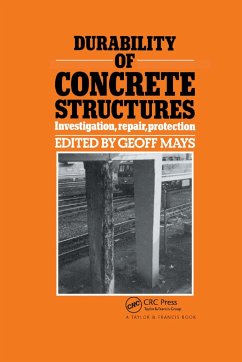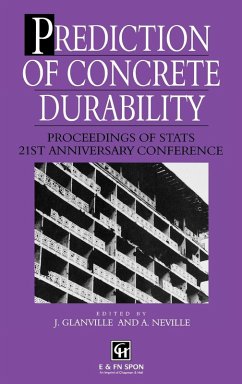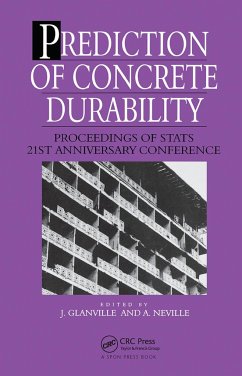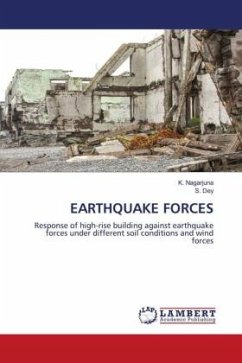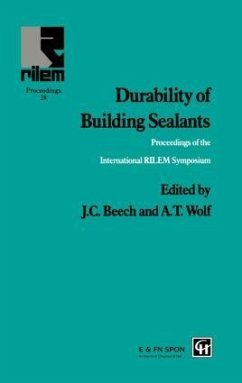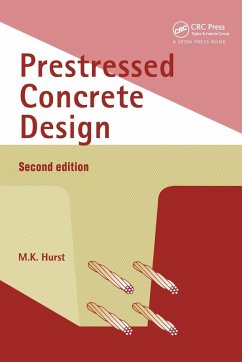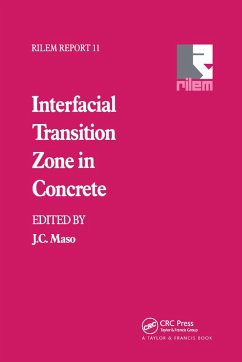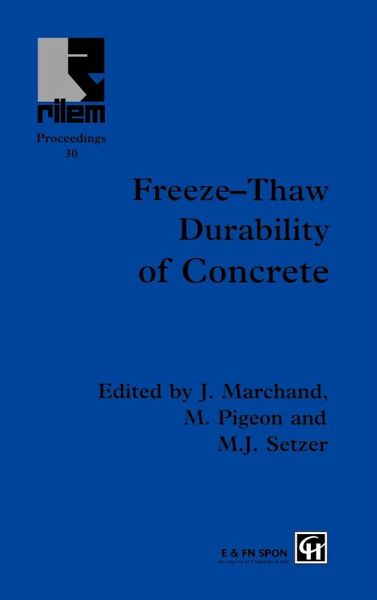
Freeze-Thaw Durability of Concrete

PAYBACK Punkte
130 °P sammeln!
Concrete durability in climates where freezing and thawing occurs is a continuing problem. It is particularly acute for highway and bridge structures, where de-icing salts are used to combat the effects of frost, snow and ice. These salts can cause damage to concrete and accelerate corrosion of reinforcements. This book presents the latest international research on this area, with contributions from North America and Europe which were presented at an international RILEM workshop.





